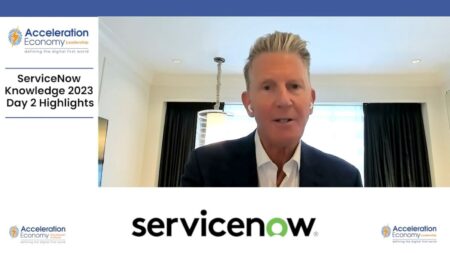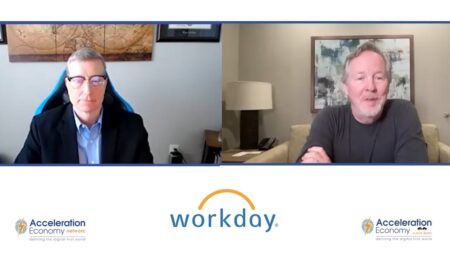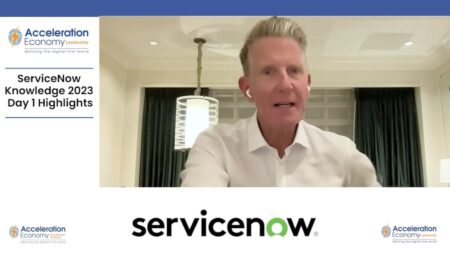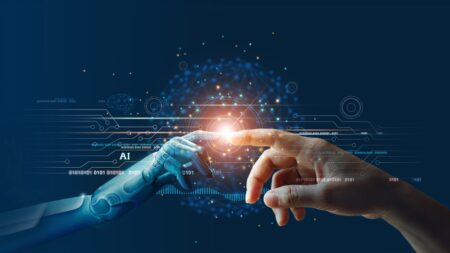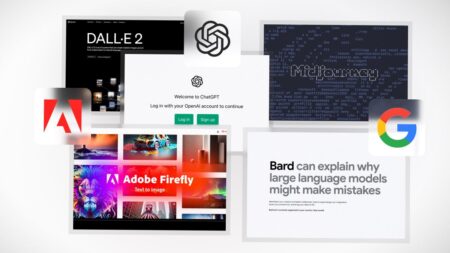During its annual Sapphire event, SAP CEO Christian Klein declared that SAP is projecting $23.7 billion in cloud revenue for calendar year 2025.
Search Results: AI (8155)
Celonis is demonstrating this week how Generative AI and an open API can make process mining insights broadly available. It’s also expanding functionality for supply chains.
While generative AI can bring much value to an organization, prompt engineering will be a vital skill to get the most of the technology.
Tony Uphoff discusses presentations and conversations from the conference around new ServiceNow platform roadmaps, venture strategies, and recent senior leadership hires.
By addressing transparency, accountability, fairness, and privacy, healthcare organizations can harness generative AI’s transformative power while upholding the highest standards of ethical conduct.
With its acquisition of data and policy governance leader Okera, Databricks validates its focus on leveraging AI tech for data management and governance.
Tony Uphoff shares the conference kickoff day’s takeaways and news from ServiceNow executives, customers, keynotes, and sessions.
Workday’s John Kravitz tells Bob Evans how the company uses AI and ML technologies to deliver outcomes in the healthcare industry.
Don’t just buy tools to improve the effectiveness of data analytics teams; buy into your employees’ future leveraging these tools.
On site at ServiceNow’s annual conference in Las Vegas, Tony Uphoff shares takeaways from the initial presentations by the company’s executive team.
Generative AI transforms the role of the CIO, making them a central figure in driving innovation, strategy, and decision-making within organizations.
Because Generative AI directly impacts the people and costs that are central to business results, it’s critical that businesses ensure the ethics and explainability of this technology.
The black box problem, which refers to a lack of explainability, can have major implications for companies using AI systems.
Understanding why ethical AI and explainable AI are foundational elements to generative AI is critical to moving forward.
In this special interview, Aaron Back speaks with Kenny Mullican about the top trends and takeaways from last week’s IBM Think 2023 event in Orlando.
While generative AI is still a relative newcomer in the channel, it’s already starting to create an impact in several ways.
Google Cloud contributes to the generative AI revolution with its impressive portfolio of new GenAI technologies being utilized by Uber, Wendy’s, and Deutsche Bank.
Contributing to the generative AI revolution, Google Cloud is bringing its generative AI capabilities to Deutsche Bank, Uber, and Wendy’s, according to CEO Thomas Kurian.
New updates to Informatica’s Intelligent Data Management Cloud (IDMC) demonstrate the profound impact that AI has on data access and data-driven innovation.
Informatica used its annual customer conference to detail development work that infuses Generative AI into core products, while adding partnerships with cloud hyperscalers.








